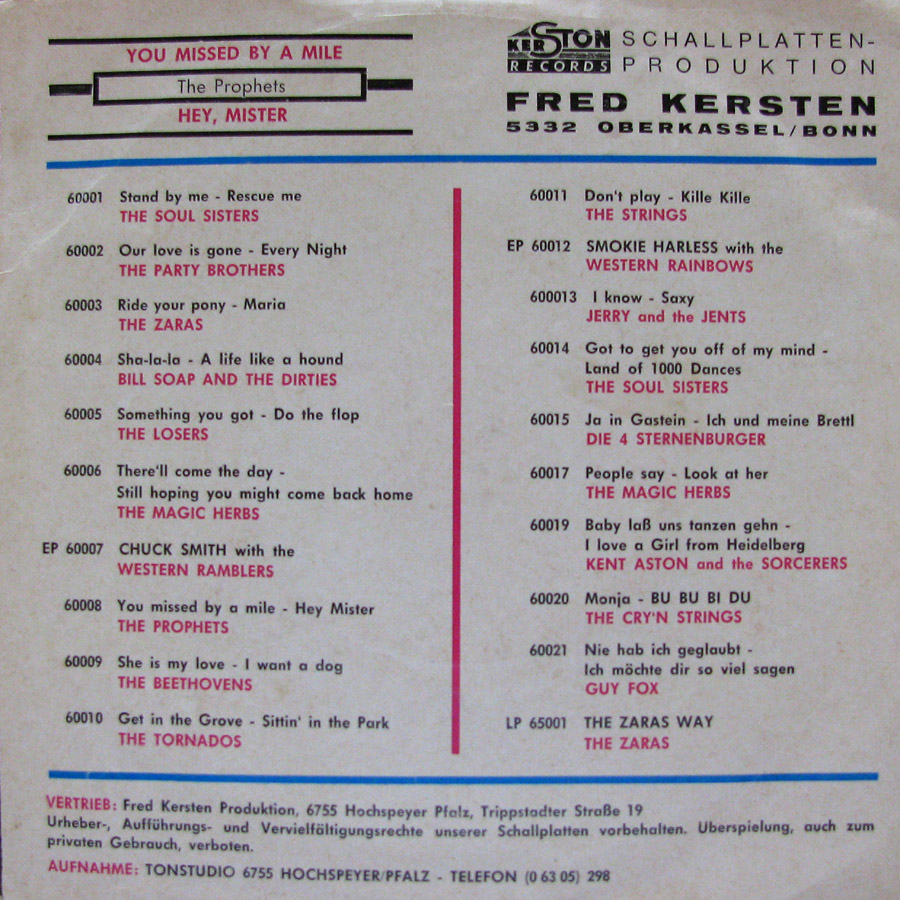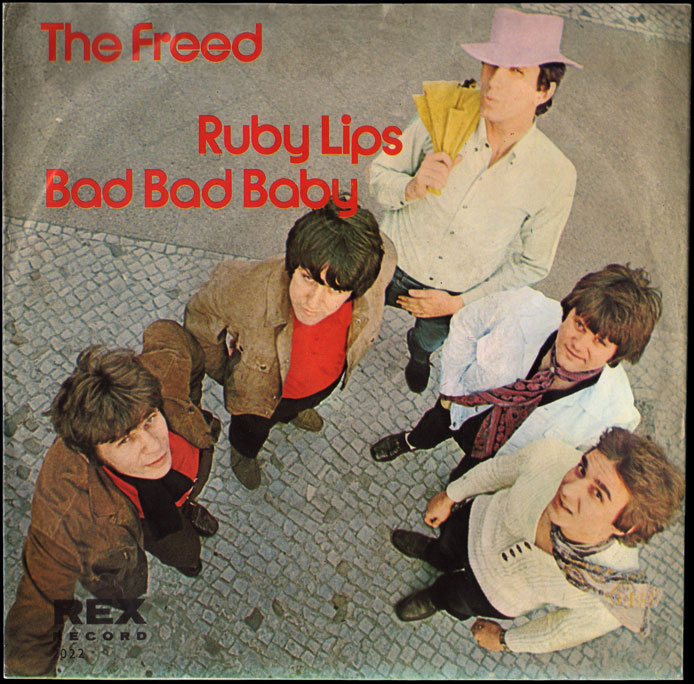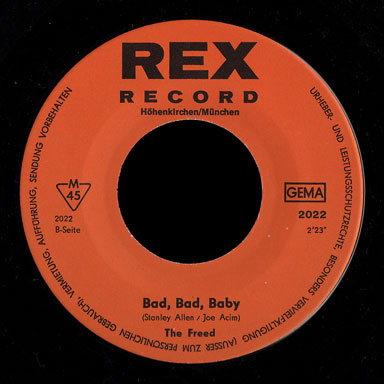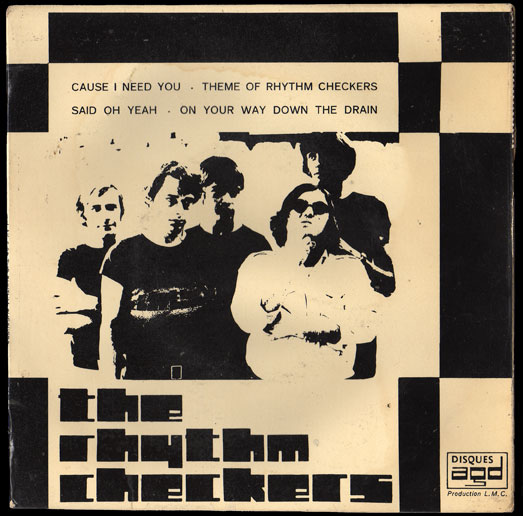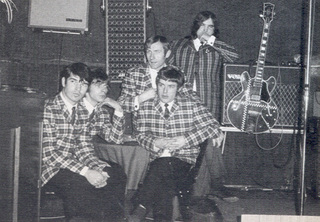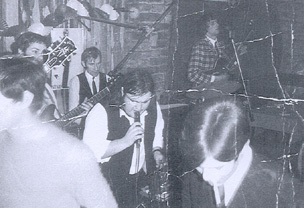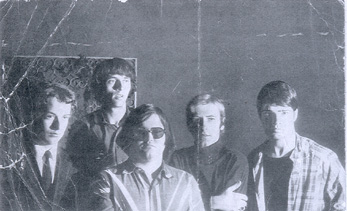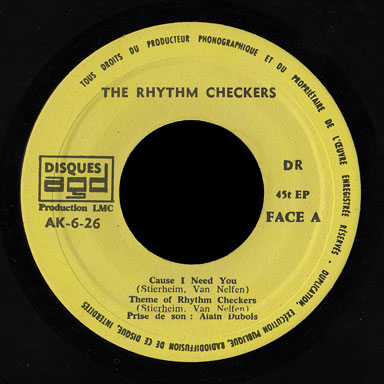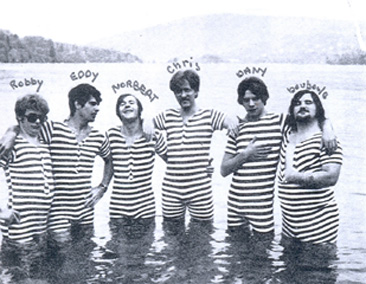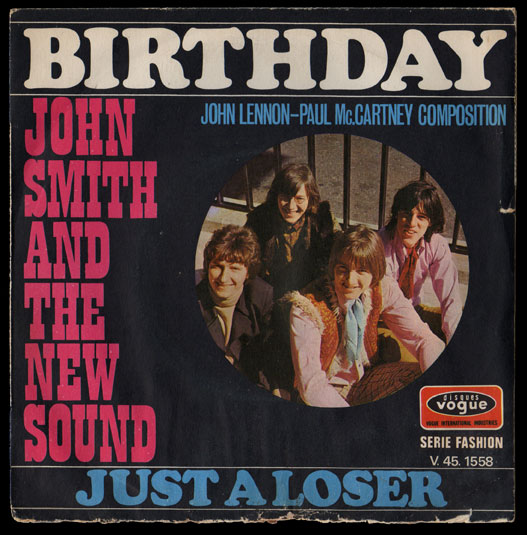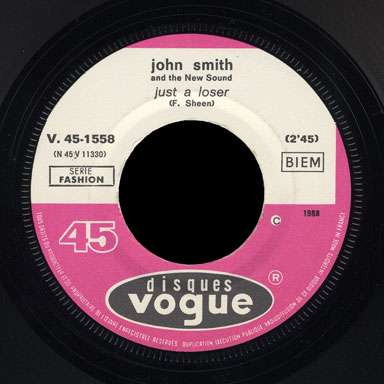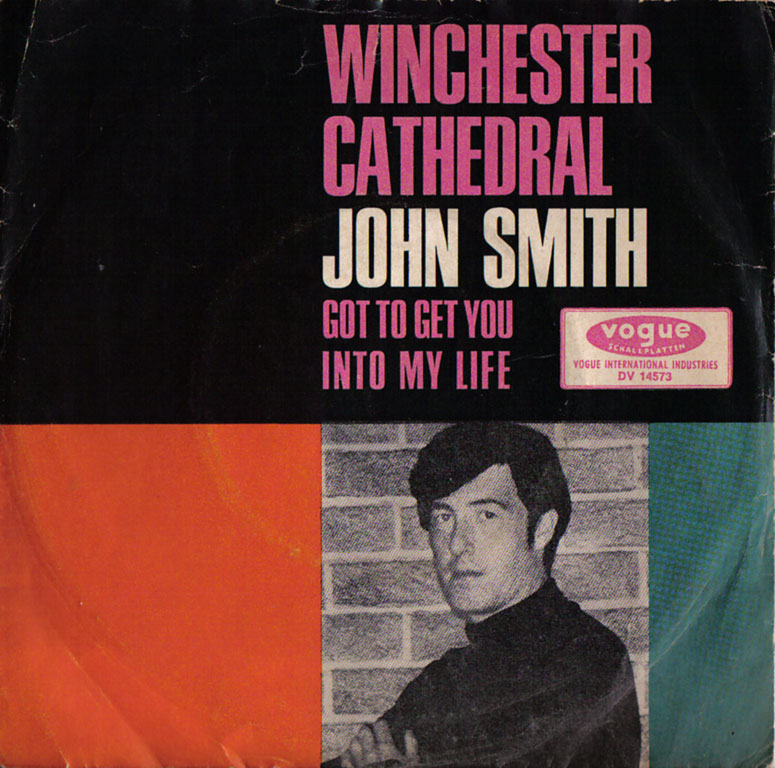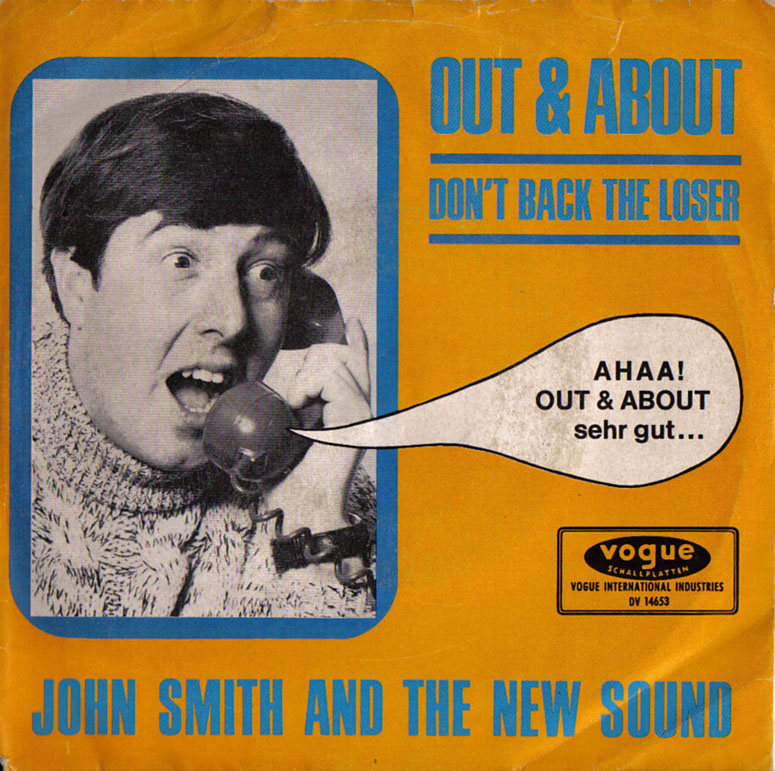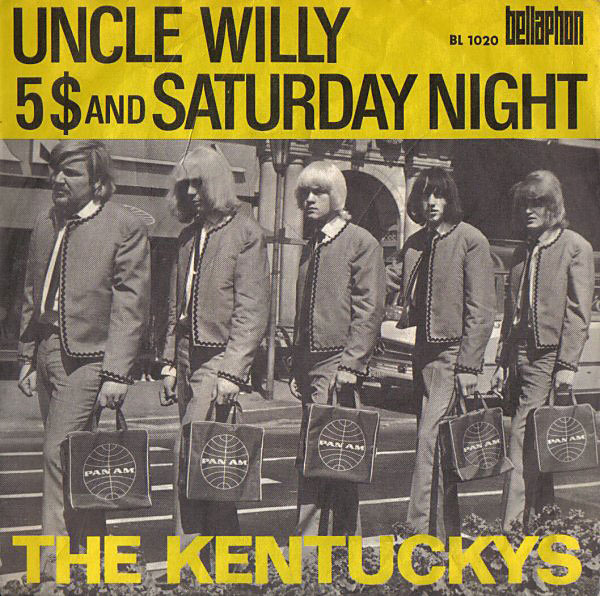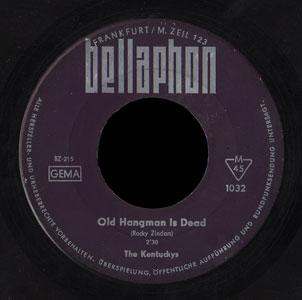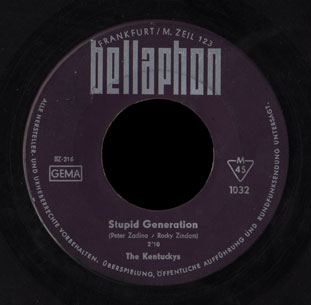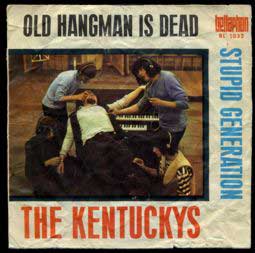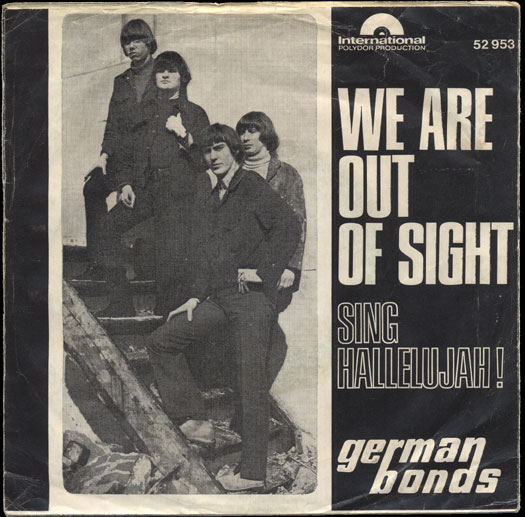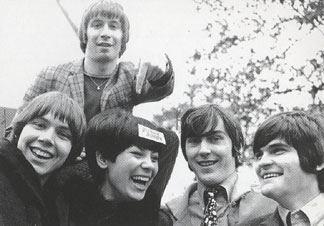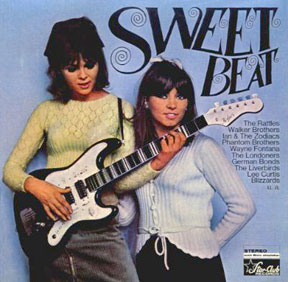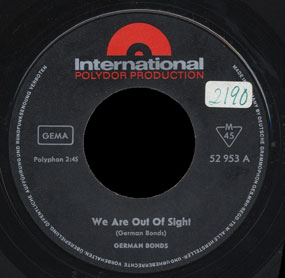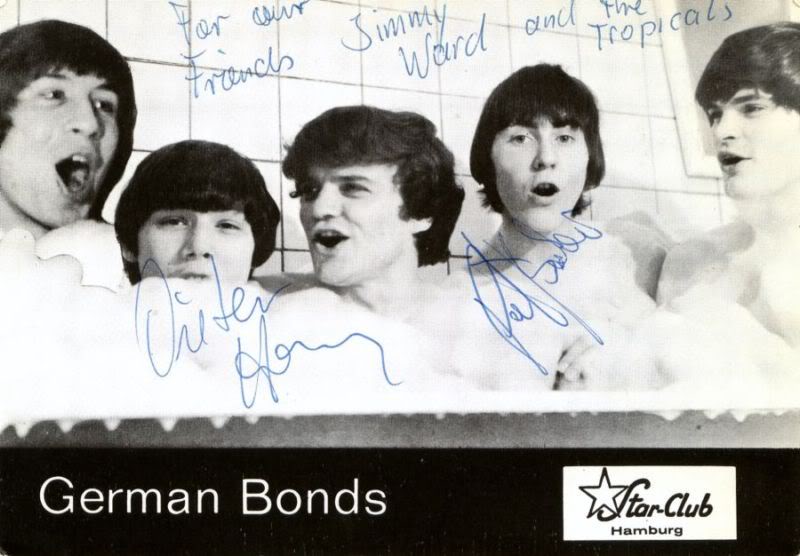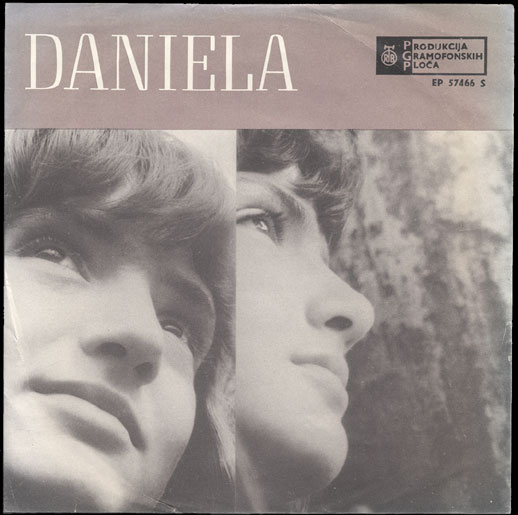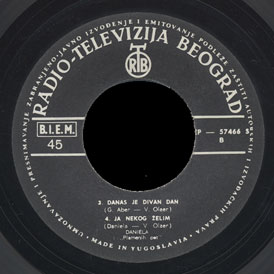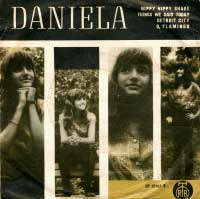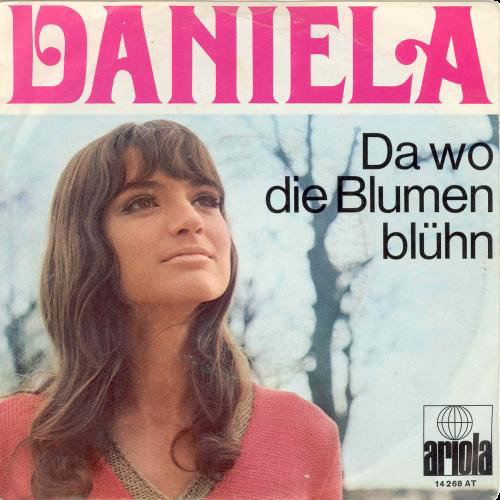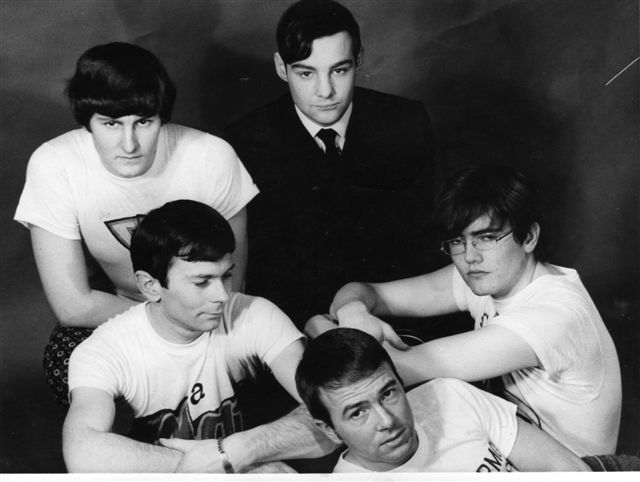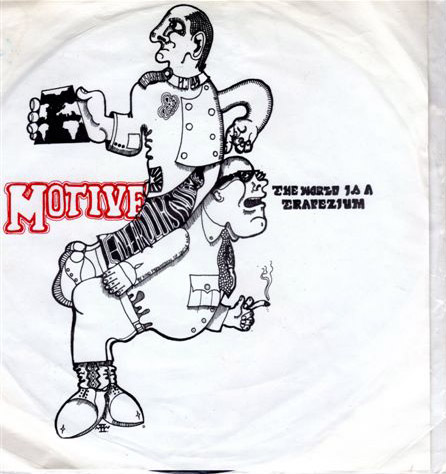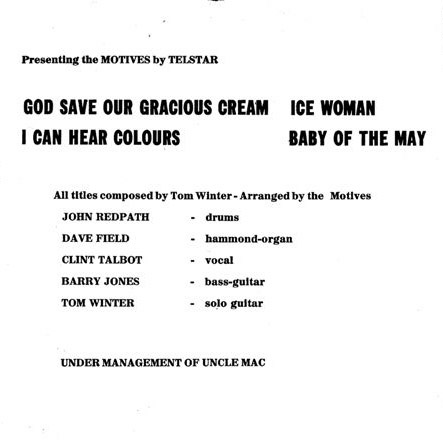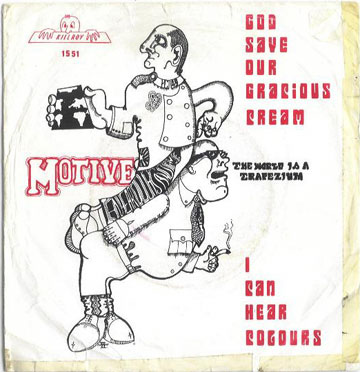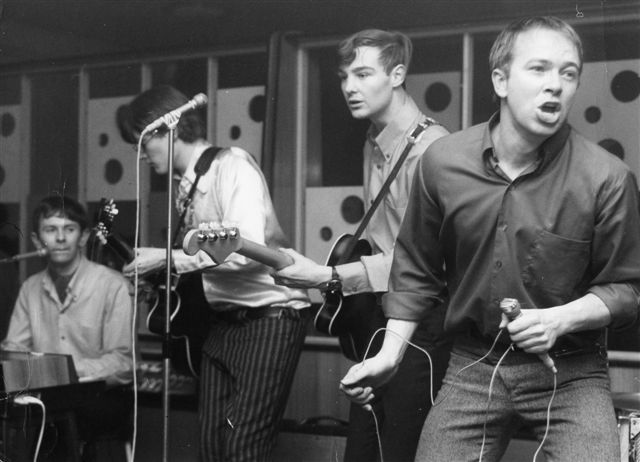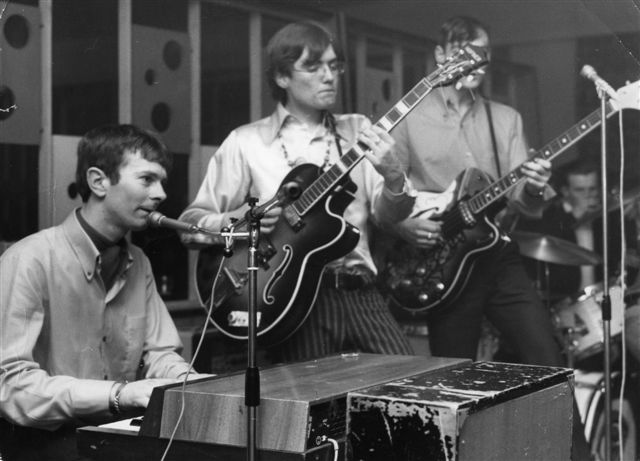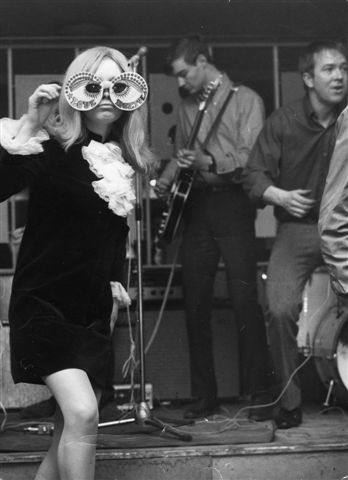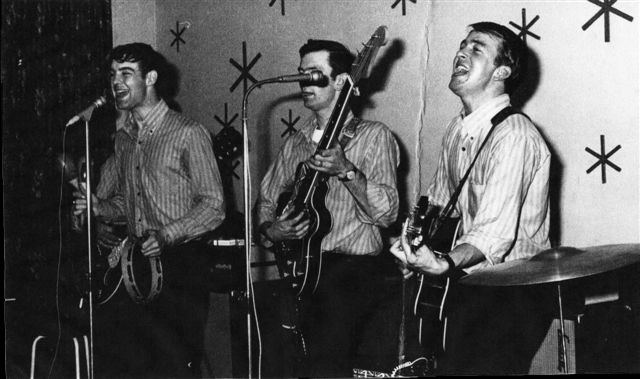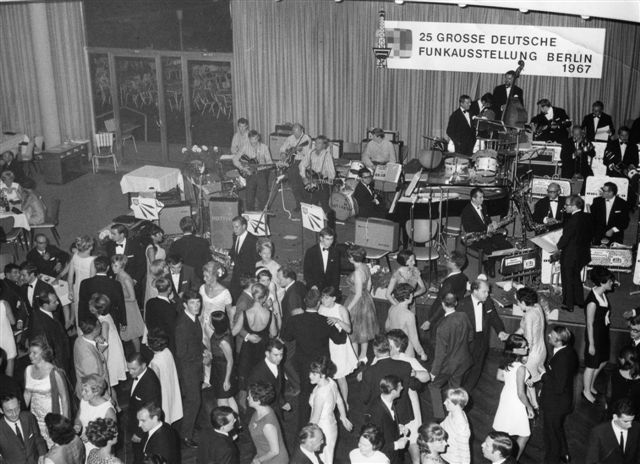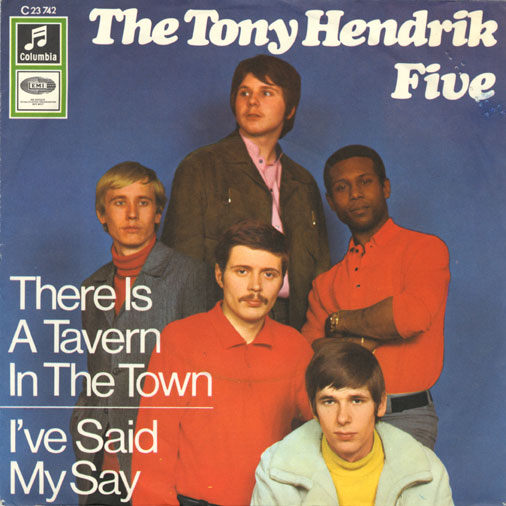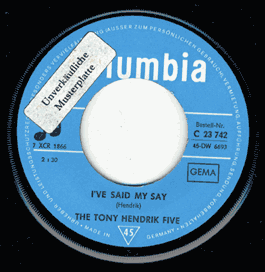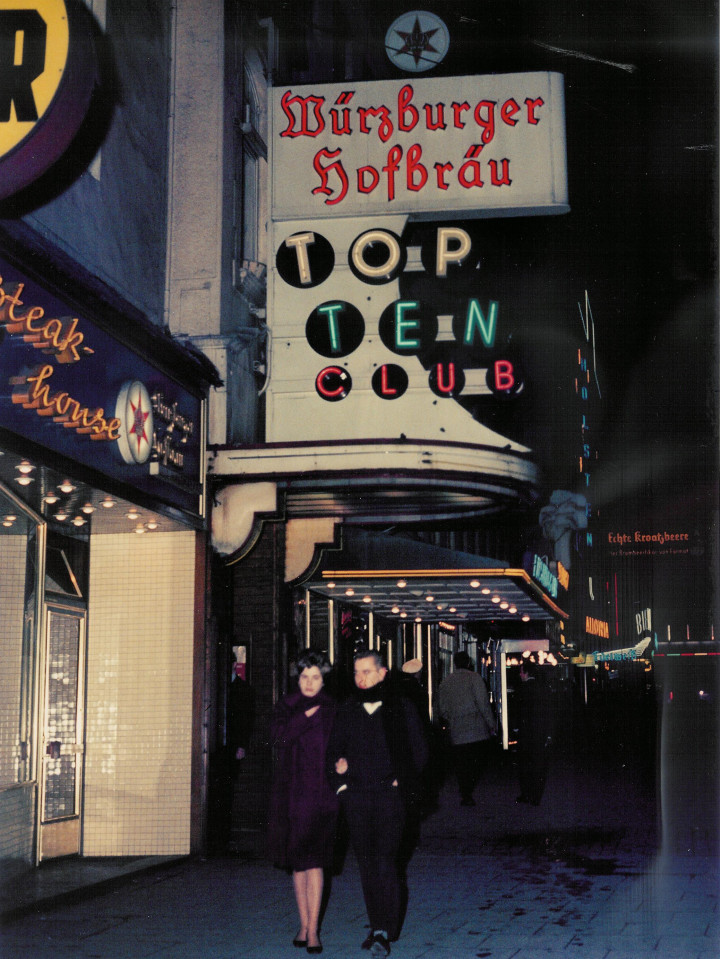
Apart from the Star Club, the Top Ten Club on the Reeperbahn in St. Pauli was arguably the most important rock music venue in Hamburg during the 1960s.
Opened in 1960 by Peter Eckhorn and operated by Iain Hines, the Top Ten Club was where The Beatles played and also backed singer Tony Sheridan in the group’s first recording sessions during early-mid 1961.
Throughout the 1960s, the Top Ten Club played host to a huge number of British bands, some of which featured future stars such as Elton John, Ritchie Blackmore (later in Deep Purple) and Ray Thomas and Mike Pinder (later in The Moody Blues).
Initially, there was only one band each month but from the mid-1960s onwards, there would be several groups sharing the bill each month. Singer Isabella Bond was a regular fixture and saxophone player Ricky Barnes helped run the club during the mid-late 1960s.
I have started to compile a list of bands that played at the Top Ten Club during this period but would welcome any additions and corrections in the comments below.
October 1960:
The Beatles: John Lennon (rhythm guitar/lead vocals), Paul McCartney (rhythm guitar/lead vocals); George Harrison (lead guitar/lead vocals), Stuart Sutcliffe (bass/lead vocals) and Pete Best (drums).
1961?:
The Jets: Iain Hines (keyboards), Colin Meander (lead guitar), Tony Sheridan (rhythm guitar), Rick Hardy (guitar), Peter Wharton (bass) and others.
27 March-2 July 1961:
The Beatles: John Lennon (rhythm guitar/lead vocals), Paul McCartney (rhythm guitar/lead vocals); George Harrison (lead guitar/lead vocals), Stuart Sutcliffe (bass/lead vocals) and Pete Best (drums).
1 November 1961-January 1962:
Wayne Gibson & The Dynamic Sounds: Wayne Gibson (lead vocals), Mick Todman (lead guitar), Ray Rogers (bass), Pete Gillies (rhythm guitar) and Larry Cole (drums).
March 1963:
The Blackjacks: Pat Harris (lead vocals), Don Callard (lead guitar), Robbie Williams (rhythm guitar/vocals), Bob Wilkinson (bass) and Pete James (drums).
August 1964:
The Mastersounds: Mal Jefferson (lead vocals/bass), Adrian Lord (lead vocals), Tony Cockayne (lead guitar), Gerry Stewart (tenor sax), Mike Price (drums) and others.
February 1965:
The Krew, Paddy, Klaus & Gibson, London Beats (plus Isabelle Bond and Beryl Marsden)
The Krew: Robert Fielden-Nicholls (lead guitar), Howie Casey (tenor saxophone), John Bradley (bass) and Eddie Sparrow (drums).
Paddy, Klaus and Gibson: Paddy Chambers (lead guitar), Klaus Voorman (bass) and Gibson Kemp (drums).
The London Beats: Frank Bennett (rhythm guitar/lead vocals), Mick Tucker (lead guitar/lead vocals), Sam Coaffee (bass) and Jim Smith (drums)
??? 1965:
Next of Kin: Frankie Allan (lead vocals), Dai Johns (lead guitar), Mike Ashman (rhythm guitar), Robert Evans (bass) and Alan Snell (drums).
March 1966:
Frank Sheen Sound: Frank Sheen (lead vocals), T J Huggett (keyboards), John Cushen (bass), John Herridge (drums) and Jeff Condon (trumpet) plus others.
March 1966:
Bluesology and Linda Laine & The Sinners
Bluesology: Stewart Brown (lead guitar/lead vocals), Reg Dwight (aka Elton John) (keyboards/lead vocals), Rex Bishop (bass) and Mick Inkpen (drums).
Linda Laine & The Sinners: Linda Laine aka Veronica Lake (lead vocals), Del Hidden (lead guitar), Peter Bellotte (rhythm guitar), Russ Maxwell (bass) and Len Crawley (drums).
April 1967:
The Copycats: John Stewart (lead guitar), Iain Lyon (rhythm guitar/vocals), Billy Cameron (bass/vocals) and Rob Lawson (drums/vocals).
July/August 1967 (THIS IS MORE LIKELY TO BE MARCH 1968):
Bluesology and The Manchester Playboys
Bluesology: Alan Walker (lead vocals), Stewart Brown (lead guitar/vocals), Reg Dwight (aka Elton John) (keyboards/lead vocals), Caleb Quaye (guitar), Marc Charig (cornet), Fred Gandy (bass) and Pete Gavin (drums) (not sure this is the correct formation)
Manchester’s Playboys: Kerry Burke (lead vocals), Stuart Fahey (lead guitar/Trumpet), Graham Sclater (keyboards), Alan Watkinson (bass), Malcolm Tagg-Randall (saxophone) and Peter Simensky (drums).
Circa September 1967:
The Berkley Squares: Barry Wade (lead vocals), Ray Martinez (lead guitar/vocals), Dave Eldredge (keyboards/vocals), Leigh Catterall (bass/vocals) and Terry Abbs (drums).
December 1967:
Floribunda Rose: John Kongos (rhythm guitar/lead vocals), Chris Demetriou (keyboards/vocals), Pete Clifford (lead guitar/vocals), Jack Russell (bass/vocals) and Nick Dokter (drums).
March 1968:
Scrugg (possibly billed as Floribunda Rose)
Scrugg (two weeks from 1 March): John Kongos (lead guitar/lead vocals), Chris Demetriou (keyboards/vocals), Jack Russell (bass/vocals) and Henry Spinetti (drums).
The Manchester Playboys: Kerry Burke (lead vocals), Stuart Fahey (lead guitar/Trumpet), Graham Sclater (keyboards), Alan Watkinson (bass), Malcolm Tagg-Randall (saxophone) and Peter Simensky (drums).
Thanks to the following for contributing to the timeline: Mick Tucker, Jim Smith, Frank Bennett, Graham Sclater, Jack Russell, Nick Dokter, Len Crawley
Copyright © Nick Warburton. All Rights Reserved. No part of this article may be reproduced or transmitted in any from or by any means, without prior permission from the author.

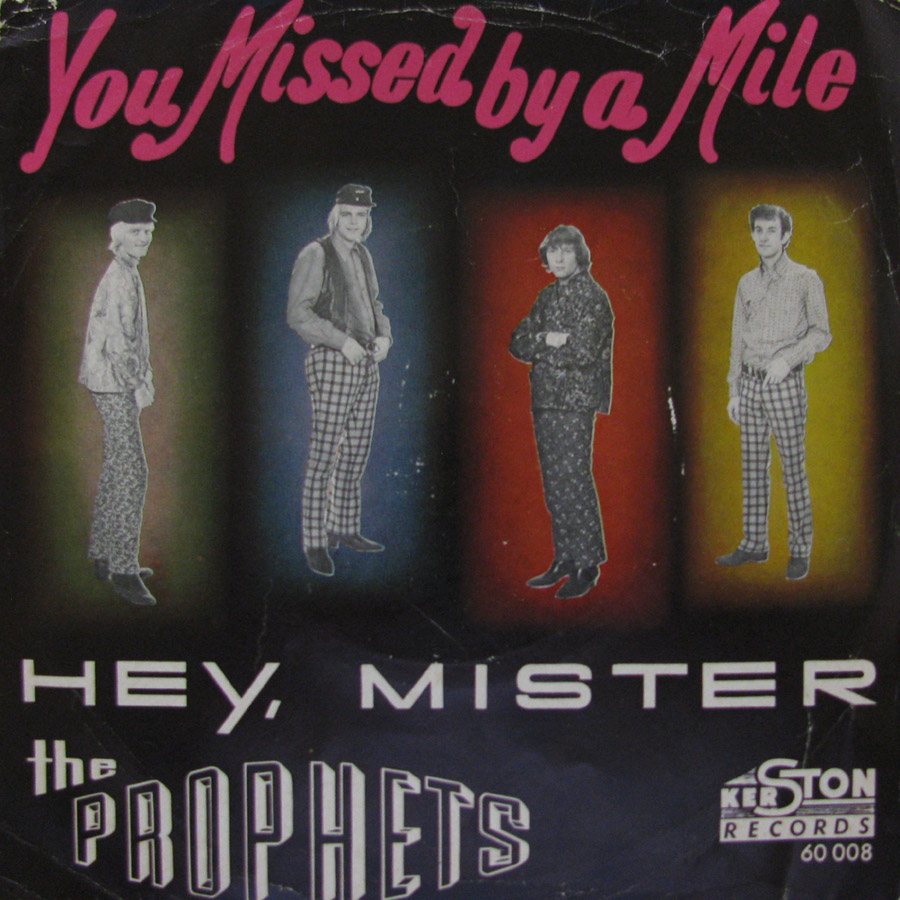
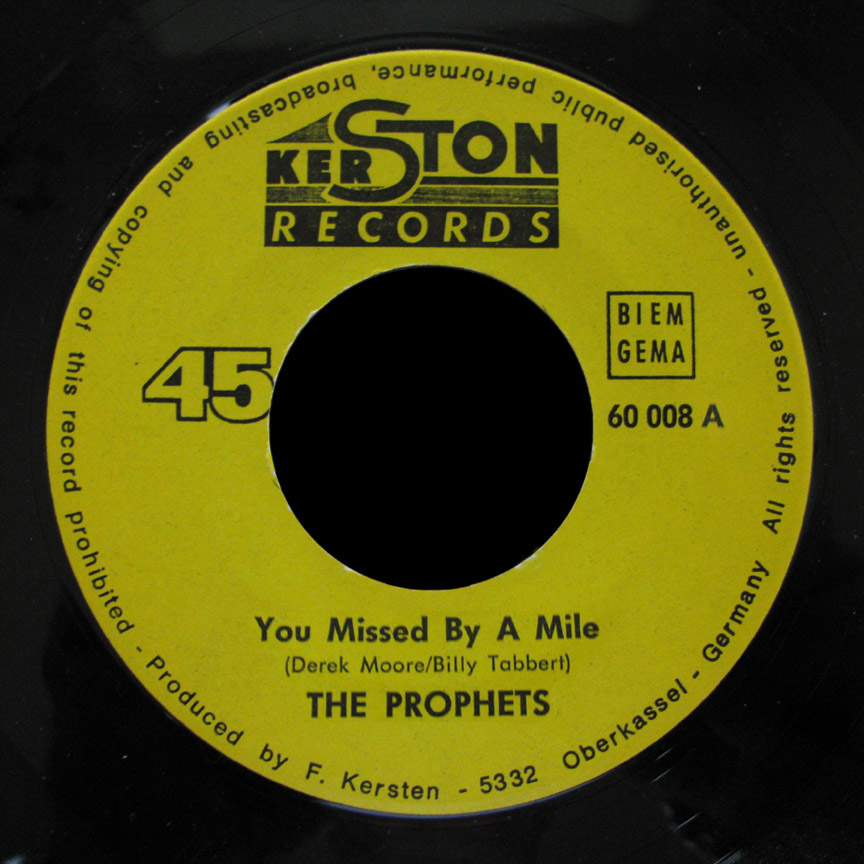
 “You Missed by a Mile” and “Hey Mister” are two excellent originals by Moore and Tabbert. One is upbeat, the other more sedate, but each has fine vocals over expressive guitar playing, resounding bass lines and agile drumming.
“You Missed by a Mile” and “Hey Mister” are two excellent originals by Moore and Tabbert. One is upbeat, the other more sedate, but each has fine vocals over expressive guitar playing, resounding bass lines and agile drumming.